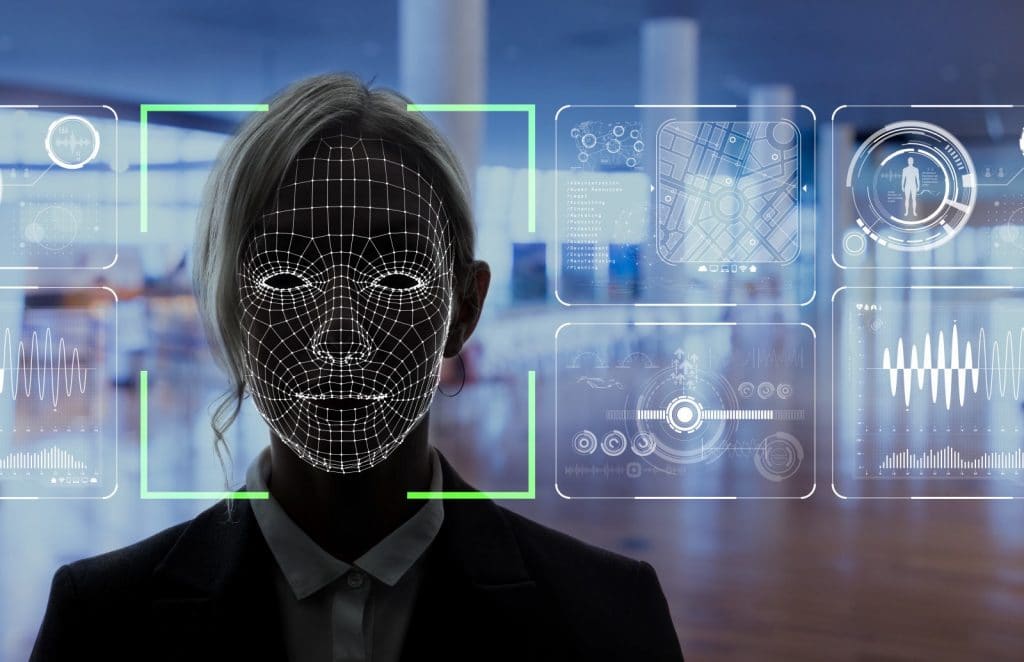The approach taken by the European Commission in its draft AI regulation risks creating a regulatory patchwork, as some jurisdictions may choose to ban facial recognition use by law enforcement completely, which Sampson, a former police officer and solicitor, opposes, he said.
“That’s why I go back to discretion for decision makers,” Sampson told the Times. “I think the framework, whatever we come up with in future, needs to . . . enable public bodies like police or other law enforcement services, to reasonably use all means available to discharge their statutory duty.”
Sampson characterizes AI use by the police as “inevitable” and “increasingly necessary,” but the Times notes significant resistance to face biometrics use, particularly among those who consider the technology inaccurate.
The Times also suggests Sampson’s view is “diametrically opposed” to that of his predecessor in the Biometrics Commissioner’s role, Paul Wiles, who called for the regulation of biometrics use by police. Wiles, however, did not express support for blanket bans or deny their importance to future policing, and instead called at the end of his term for police to carry out the biometrics collections they are mandated to.
Pandemic biometric data retention measures proportionate
Sampson also published a comment on the country’s Coronavirus Act 2020 section that sets up the extension of biometrics retention by police, expressing satisfaction that the emergency powers have worked well and not been abused.A National Security Determinations (NSD) would normally need to be processed in order to extend the retention of an individual’s biometric data, but a back-log of NSDs due to the disruption caused by the pandemic prompted lawmakers to include a temporary mechanism for continuing lawful storage of biometric records.
No biometrics records were lost to the process from October of 2020 through March 24 of this year, according to the statement, and just over 300 NSDs were granted. Another 491 records were held for an additional six months under section 24 of the Coronavirus Act 2020 since its second set of regulations came into effect on October 1, with none that would normally have been eligible for retention extensions lost, according to the analysis.
Sampson found, based on the NDS submissions that were reviewed, that the section 24 mechanism has only been used when time or resource limitations prevented an otherwise legitimate process from being completed.
Source


